A message from Élise Desaulniers, Executive director at the Montreal SPCA
Closed borders, schools and businesses, grounded airplanes. Major sporting and cultural events canceled. Empty streets and crowded morgues, medical caregivers faced with making heart-wrenching decisions. Had someone described this scenario to me a mere few weeks ago, I would have mistaken it for the premise of a bad Hollywood movie, with heroes in lab coats, a parallel love story and some eerie music playing in the background.
This is, however, the reality into which we have each been thrown, all at once, with no time to catch one’s breath. The crisis began scarcely a month ago, and we are only now beginning to realize the extent of the shock we have suffered and to establish some sort of routine, some comfort and solace in a daily life where everything seems simultaneously familiar and foreign.
The upheaval played out similarly throughout our shelter. We had to review all our services in order to focus on emergencies. Why? First, to protect our employees, our volunteers, their families and the general public. “Flattening the curve” involves staying home. We now know that even asymptomatic people can transmit COVID-19. Therefore, any travel time, any visit to the shelter increases the risk of contagion. The best way to help is to be part of the solution, not the problem. This means staying home.
Next, because medical equipment is scarce, masks, gloves and even medication must be rationed in order to save lives. Propofol, which is used to put an animal under general anesthesia preceding surgeries like sterilization, is currently in short supply in Canada and the rest of the world. As it is used to keep human patients on ventilators deeply sedated, the demand for this powerful sedative has soared over the last few months.
Just as essential services for humans remain in operation, the Montreal SPCA continues to respond to emergencies and accept animals who are severely injured, sick or victims of cruelty. As it is important that these animals spend as little time as possible at the shelter, our adoption and foster services remain open but are operating at a slower pace, by appointment only, in order to respect social distancing requirements.
Our veterinarians are currently only performing emergency surgeries required when an animal’s life is in danger. With a heavy heart, we therefore had to suspend our targeted sterilization services as well as the sterilization program for community cats (TNRM). Considering how hard we fought to make the sterilization of cats, dogs and rabbits mandatory in Montreal and for the implementation of TNRM programs across the island, it is very difficult for us to see our surgery tables empty. However, it is necessary to understand that the current situation is exceptional. The number one priority, right now, is fighting COVID-19, and in order to be able to do so effectively, we need to devote the entirety of our efforts and services to the fight. This entails putting all other priorities on hold.
One thing is certain – and shelter medicine experts across North America agree –, a few months’ pause will not erase the progress achieved over the course of the past years.
We have collectively given up a lot in order to save lives during these last weeks. However, this major disruption to our daily lives has not been in vain since, together, we will succeed at neutralizing COVID-19, thus allowing us to continue to take care of animals.

Élise Desaulniers
Executive Director
Montreal SPCA







